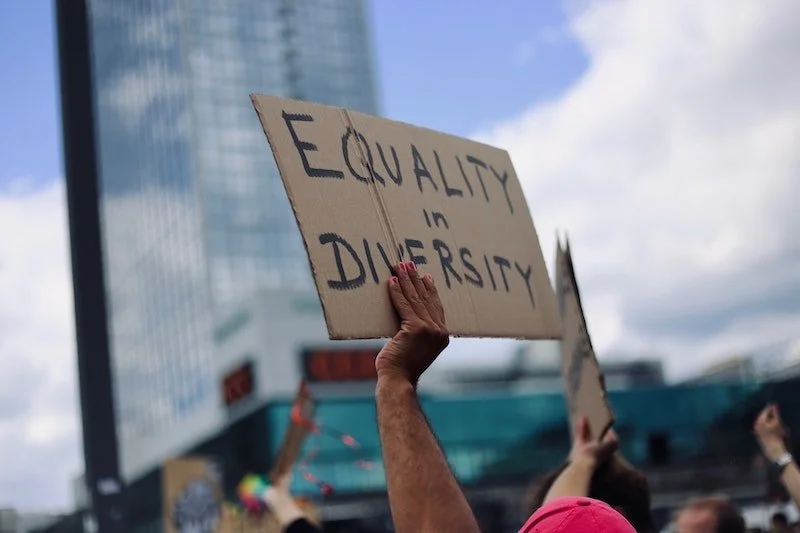Don’t Underestimate the Power of Grassroots Advocacy
/When people hear the word advocacy, too often they think of lobbyists or formal advocacy at a national level. While there’s a place for this type of work, often the most successful and impactful advocacy starts at the grassroot level. Don’t underestimate the power of grassroots advocacy.
Read More










